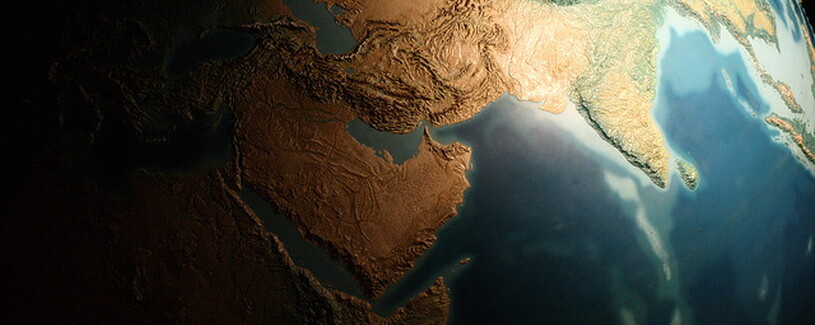WWF Summer Internship Information Session

2015 Summer Internship opportunities for Yale FES and SOM students @ WWF in Australia, New Zealand, Singapore and Vietnam.
Join us for pizza and an informational session, including an online presentation and Q&A with Laura Weeks, Director, Asia Pacific Growth Strategy, WWF.
Yale Center for Business and the Environment (CBEY) and the WWF Asia Pacific Growth Strategy (APGS) have established a joint initiative to provide summer internship opportunities to graduate students at WWF offices in Asia Pacific for up to 10 weeks. In 2015, these internship opportunities will include:
- WWF Australia – To develop a strategy for business engagement and corporate investment in water stewardship in Australia;
- WWF New Zealand – To develop organizational process improvements for strategic growth through fundraising data analysis and forecasting tools;
- WWF Singapore – To develop a strategy for corporate partnership and market transformation in Singapore;
- WWF Vietnam – To develop an innovative strategy for corporate and individual Cause-Related Marketing and an implementation plan for market-entry.
This session will be an opportunity to find out more about each summer placement and the application process.
Introduction to WWF and to the Asia Pacific Growth Strategy:
The World Wide Fund for Nature (WWF) is one of the world’s largest and most experienced independent conservation organizations, with over 5 million supporters and a global network active in more than 100 countries. WWF’s mission is to stop the degradation of the planet’s natural environment and to build a future in which humans live in harmony with nature, by conserving the world’s biological diversity, ensuring that the use of renewable natural resources is sustainable, and promoting the reduction of pollution and wasteful consumption.
The Asia Pacific Growth Strategy (APGS) started in 2008 with the aims of building financially stronger offices in the Asia Pacific and tapping in to the economic growth in the region. APGS’s long term vision is for WWF offices in Asia Pacific to contribute to the Network’s total income at least to GDP equivalent; i.e 26 per cent. The last five years have seen it develop to be an effective, solid strategy for building strong offices across Asia-Pacific; developing leadership, capacity in fundraising, self-generated income and a way of working together to be the WWF that we need to be if we are to achieve our urgent conservation objectives. WWF offices in Asia Pacific grew significantly faster than the global WWF Network in FY2013 through investments in growth, collaboration, and capacity building, and the main driver behind this spectacular growth is the Asia Pacific Growth Strategy.
WWF operates in the following countries in Asia Pacific:
Australia, Bhutan, Cambodia, China, Fiji, Hong Kong, India, Indonesia, Japan, Laos, Malaysia, Mongolia, Nepal, New Zealand, Pakistan, Papua New Guinea, Philippines, Singapore, Solomon Islands, Thailand, Vietnam
Image credit: flickr/esparta palma